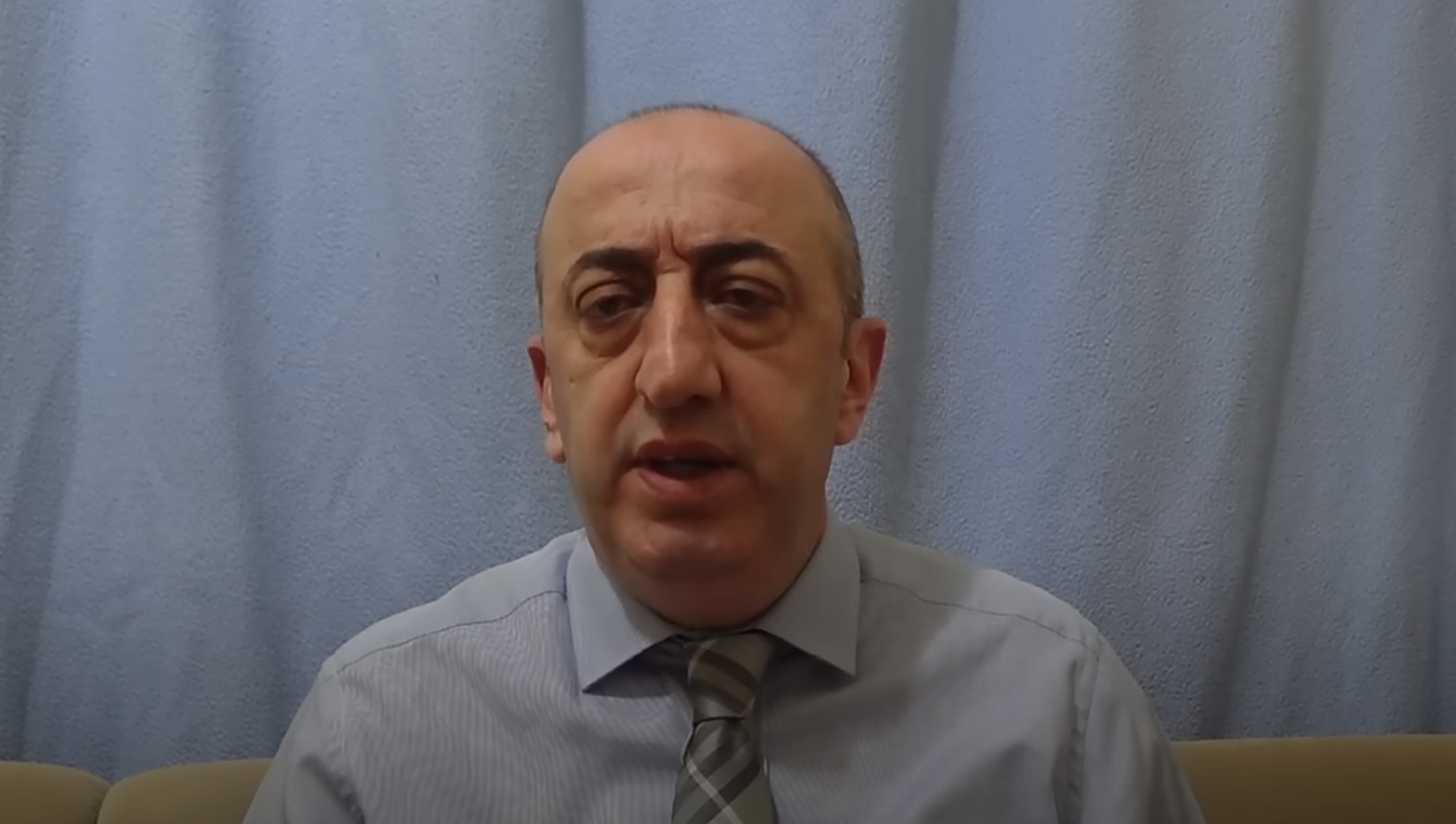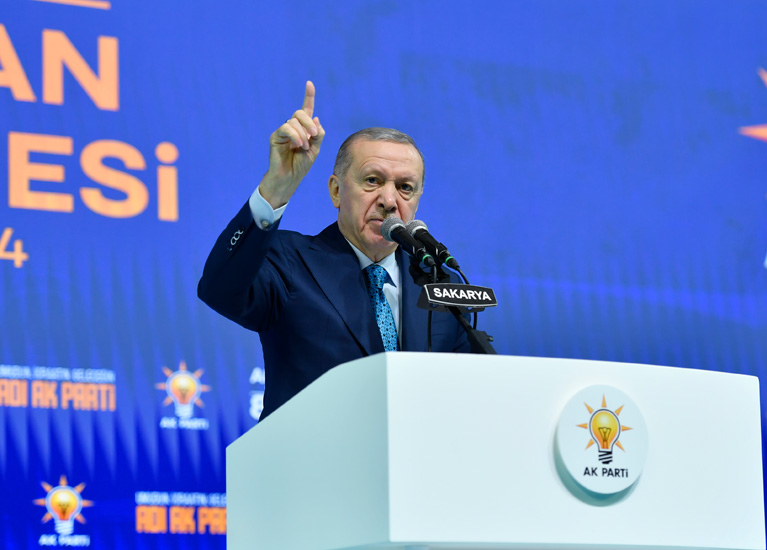Levent Kenez/Stockholm
Ali Yesildag, a former insider turned whistleblower who exposed alleged multibillion-dollar corruption involving Turkish President Recep Tayyip Erdogan and his inner circle, is at imminent risk of extradition from Greece to Turkey.
The European Court of Human Rights formally notified the Greek government on July 17, 2025, that it would review Yesildag’s case, raising serious concerns under Article 3 (prohibition of torture and inhuman or degrading treatment), Article 5.1 (protection against arbitrary detention) and Article 6.1 (right to a fair trial) of the European Convention on Human Rights (ECHR).
The Strasbourg court asked the Greek government to clarify whether Yesildag would face a real risk of torture, inhuman or degrading treatment, unlawful detention or the denial of a fair trial if extradited to Turkey; whether Greek asylum and judicial authorities had properly assessed those risks based on all available evidence; and whether Turkey’s diplomatic assurances were sufficient to protect his rights under the ECHR.
Yesildag is no ordinary defendant. He is closely linked to the Erdogan family through his brothers, Hasan and Zeki Yesildag, longtime confidants and business operatives for the Turkish president. In a series of videos released on YouTube in May 2023, Yesildag alleged that Erdogan, in one case, personally received a $1 billion kickback in a rigged airport tender in 2007. He also claimed Erdogan had amassed a vast fortune, potentially hundreds of billions of dollars, through similar schemes during his two-decade rule.
These disclosures, released just weeks before the 2023 Turkish presidential election, prompted Yesildag to flee Turkey, eventually seeking asylum in Greece. His revelations, if substantiated, could implicate top-level Turkish officials and reshape international perceptions of Erdogan’s government.
Yesildag was initially convicted in 2018 for a robbery allegedly committed in 2001. Although he was released on parole, Turkish authorities revoked his release in 2022, shortly after his political dissent became public. An arrest warrant was reissued in July 2022.

Following his explosive public allegations, Yesildag fled to Greece and was detained by Greek authorities in November 2023. Turkey submitted a formal extradition request days later, accompanied by diplomatic notes asserting that Yesildag would be treated humanely in Turkish custody.
Despite the gravity of the whistleblower’s allegations and mounting international concern, Greece’s judiciary approved the extradition. The decision was finalized on March 6, 2024, by the deputy minister of justice. All of Yesildag’s legal and administrative appeals, both against his extradition and in pursuit of asylum, had been rejected by May 2025.
The European Court of Human Rights’s communication with the Greek government:
Critics argue that such assurances from Ankara are unreliable. “Given Turkey’s documented record of political persecution, judicial manipulation and torture, these guarantees are paper-thin,” said a legal expert familiar with the case.
Yesildag’s fears are not unfounded. In the days following Turkey’s formal extradition request, Istanbul’s Terrorism and Organized Crime Office summoned both Yesildag’s wife and a close associate for questioning. While his wife was released, the associate was detained and later charged with assisting a criminal and participating in a terrorist organization, merely for alleged links to the whistleblower’s online statements.
Observers see these actions as retaliatory and as a warning to anyone connected to Yesildag or his disclosures.
Yesildag remains in Greek custody as his legal team awaits further developments at the European Court of Human Rights. The court’s ruling will have significant implications for whistleblowers across the continent and beyond.
A previous investigative report by Nordic Monitor shed further light on the allegations made by Yesildag, whose detailed revelations outlined how Erdogan and his close associates allegedly built an immense fortune through illicit schemes spanning more than two decades.

According to Yesildag, Turkish businessman Ibrahim Cecen, owner of IC Ictas Holding, was awarded the operating rights to Antalya Airport after the existing operator, Celebi Holding, was unfairly excluded from the bidding process. He claims this was deliberately arranged by people close to President Erdogan, in particular his longtime associate Ali Ihsan Arslan, also known as Mucahit Arslan, in order to steer the contract toward a company favored by Erdogan.
Yesildag stated that he had initially been hired by Celebi Holding to use his contacts with Erdogan to influence the tender. However, he was later manipulated into leaking confidential information from Celebi to Erdogan’s team. When it became clear that Erdogan planned to hand the contract to Ictas-Fraport in return for under-the-table payments, documents necessary for Celebi’s participation were allegedly “lost,” disqualifying the company from the tender.
The result was a significant financial loss to the Turkish state. While Celebi was ready to offer up to $5 billion for the contract, Ictas-Fraport won with a bid of just $3.19 billion. According to Yesildag, Erdogan personally pocketed the $1 billion difference, and the rest of the potential revenue was forfeited.
Yesildag also alleged that Erdogan kept large sums of cash in underground vaults in villas he owns in Istanbul and that the president’s extended family benefited from a web of cronyism, fraud and intimidation. He claimed to have direct knowledge of several other shady deals involving top government officials, contractors and prosecutors who suppressed investigations to protect those involved.
The whistleblower further stated that after he began to speak out, not only was he cut off by former allies, but efforts were made to detain and silence him permanently.
There are multiple claims about the size of Erdogan’s fortune. International hacking group Anonymous posted a tweet on December 29, 2020, claiming that Erdogan had as much as $350 billion in ill-gotten gains and mocked the Turkish president by asking which banks he wanted to use to launder it.
The president was reportedly concerned when a bill was introduced in the US House of Representatives on October 16, 2019, as part of a proposed sanctions package against Turkey under the title of the “Protect Against Conflict by Turkey Act.”

The US Senate version of the bill was introduced on October 17, 2019, under the title of the “Promoting American National Security and Preventing the Resurgence of ISIS Act of 2019.” Both bills asked the director of national intelligence to submit to the appropriate congressional committees a report on the estimated net worth and known sources of income of Erdogan and his family members.
The relevant part of the bill reads: “Not later than 120 days after the date of the enactment of this Act, the Secretary of State, in consultation with the Secretary of the Treasury and the Director of National Intelligence, shall submit to the appropriate congressional committees a report on the estimated net worth and known sources of income of Turkish President Recep Tayyip Erdogan and his family members (including spouse, children, parents and siblings), including assets, investments, other business interests and relevant beneficial ownership information.”
Erdogan’s much-rumored secret accounts in Swiss banks had already been reported by the US Embassy in Ankara in a cable to Washington. The diplomatic cable was leaked by Wikileaks in November 2010.












